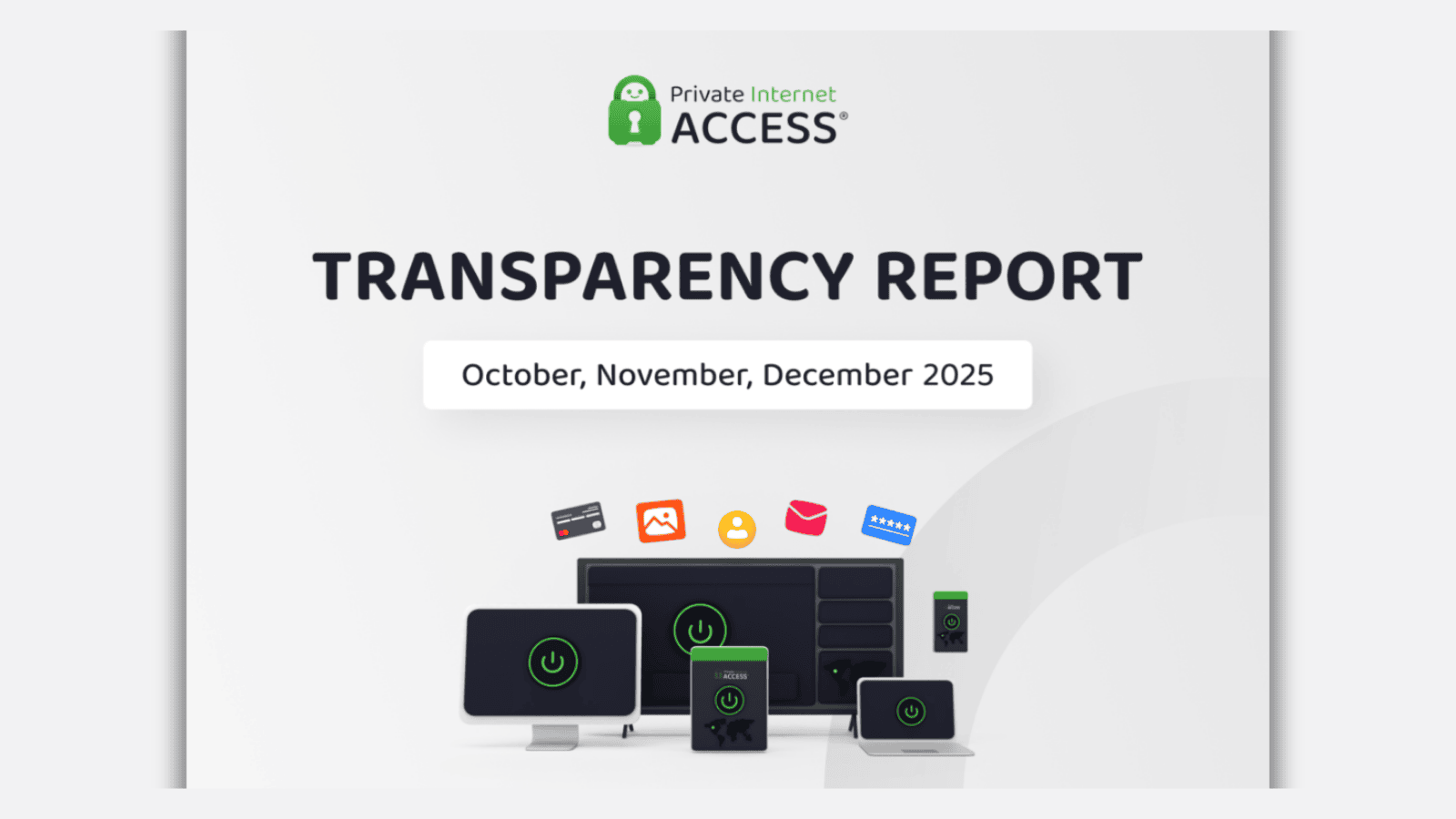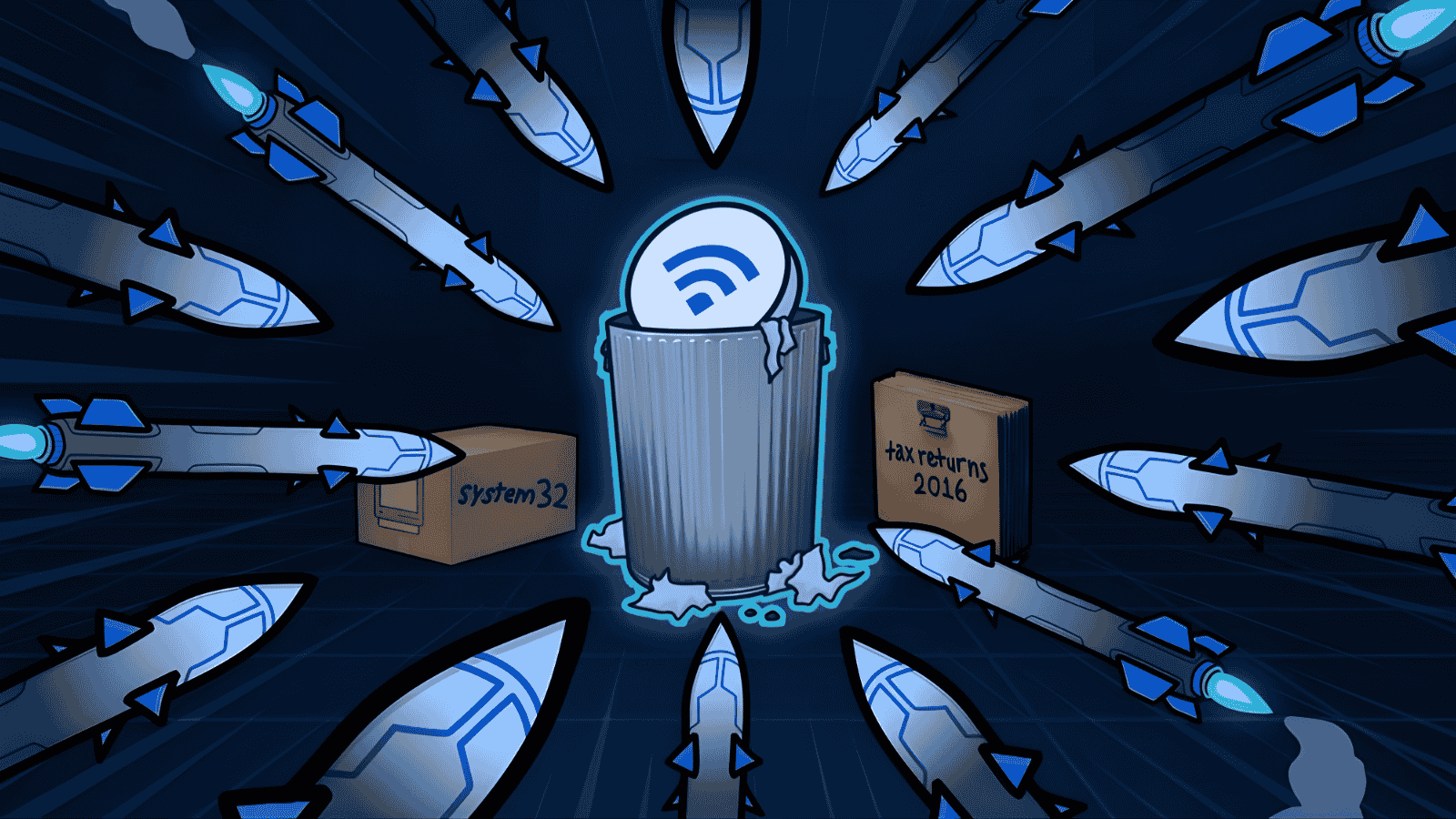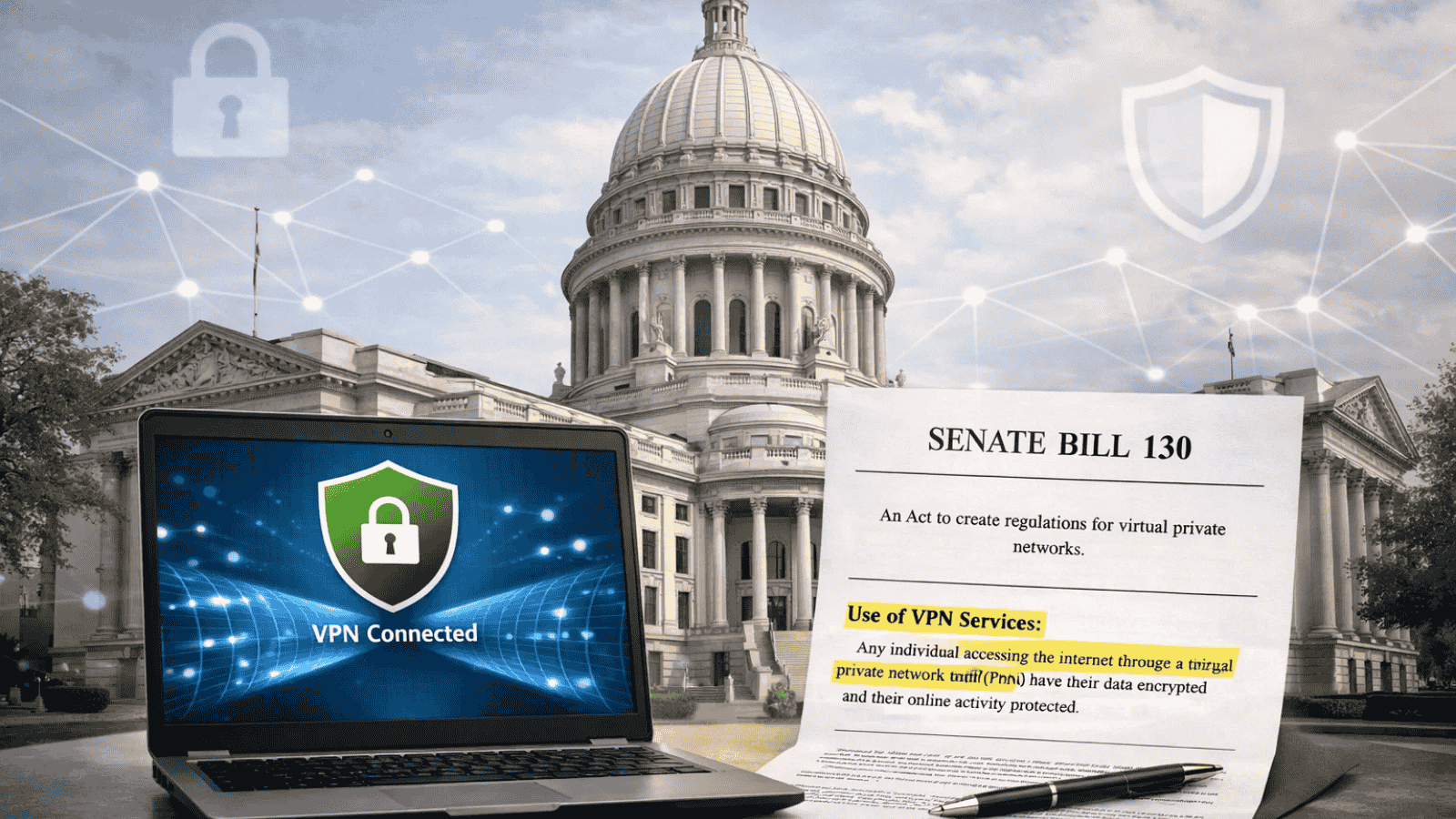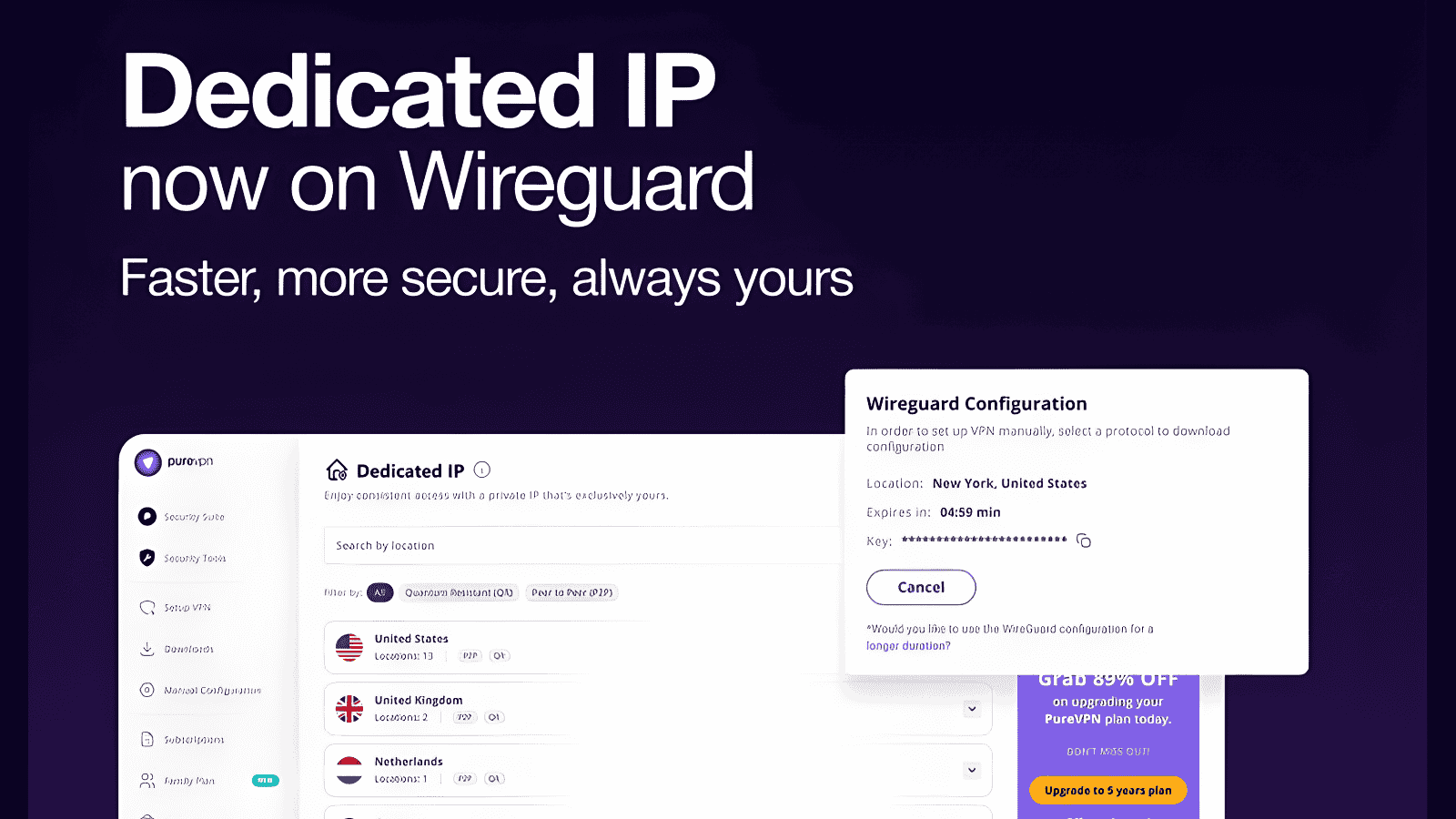
European Tech Firms Unite Against Chat Control Bill
- Industry United: Over 40 European tech firms urge rejection of EU’s Child Sexual Abuse Regulation bill.
- Encryption Risk: Companies warn mandatory chat scanning could weaken encryption and digital security across Europe.
- Germany’s Role: Germany’s undecided stance may prove decisive ahead of key EU meeting on October 14.
Over 40 European tech companies have signed an open letter urging EU lawmakers to reject the Child Sexual Abuse Regulation (CSAR), commonly known as the Chat Control proposal. The group warns that the law could threaten encryption, privacy, and ultimately Europe’s digital sovereignty.
What Is Europe's Chat Control Bill?
The Chat Control initiative seeks to make it mandatory for all messaging services operating in the European Union to scan private chats, images, and links to detect child sexual abuse material (CSAM).
The latest draft, presented by the Danish Presidency in July, suggests this scanning could happen directly on users’ devices, even before encryption. Privacy advocates and cybersecurity experts say this approach undermines how encryption works and could make all communications more vulnerable to misuse.
Critics argue that such scanning effectively introduces client-side surveillance, allowing potential backdoors into secure systems. They warn that the same weaknesses could later be exploited by hackers or hostile governments.
European Tech Industry Warns of Broader Risks
Companies including Proton, NordVPN, Tuta, Element, Nextcloud, Ecosia, and Surfshark signed the open letter released on October 7, just a week before a key EU meeting on the bill scheduled for October 14.
The letter emphasizes that encryption plays a central role in protecting citizens, businesses, and critical infrastructure. Weakening it, they argue, would expose the EU to cyber risks while damaging public trust.
“It is incoherent for Europe to invest in cybersecurity with one hand, while legislating against it with the other,” the letter states.
The companies also highlight the contradiction between this proposal and other EU digital security frameworks, such as the Cyber Resilience Act and the Cybersecurity Act, both of which promote strong encryption as essential to the bloc’s technological future.
Concerns About Digital Sovereignty
The signatories say that undermining encryption would harm Europe’s digital independence and strengthen reliance on non-EU tech providers, particularly from the U.S. and China.
“A lot of sensitive information from businesses, politicians, and citizens will be at risk should the CSA Regulation move forward,” the letter adds. “It will weaken Europe’s ability to protect its critical infrastructure, its companies, and its people.”
Political Tensions Ahead of a Key Vote
The next meeting on October 14 could determine the bill’s fate, and Germany is seen as holding a decisive vote.
According to digital rights advocates, Germany’s position has shifted several times, from opposing Chat Control to now being undecided. Reports suggest that the Federal Ministry of the Interior (led by the CSU) is pressuring the Federal Ministry of Justice (SPD) to support the regulation.
The Road Ahead
With mounting opposition from the privacy and tech sectors, as well as growing public scrutiny, the CSAR bill faces an uncertain path forward.
The debate continues to highlight a central tension in European policymaking: how to protect children online while also safeguarding privacy and digital security, two principles increasingly seen as essential to Europe’s digital future.













